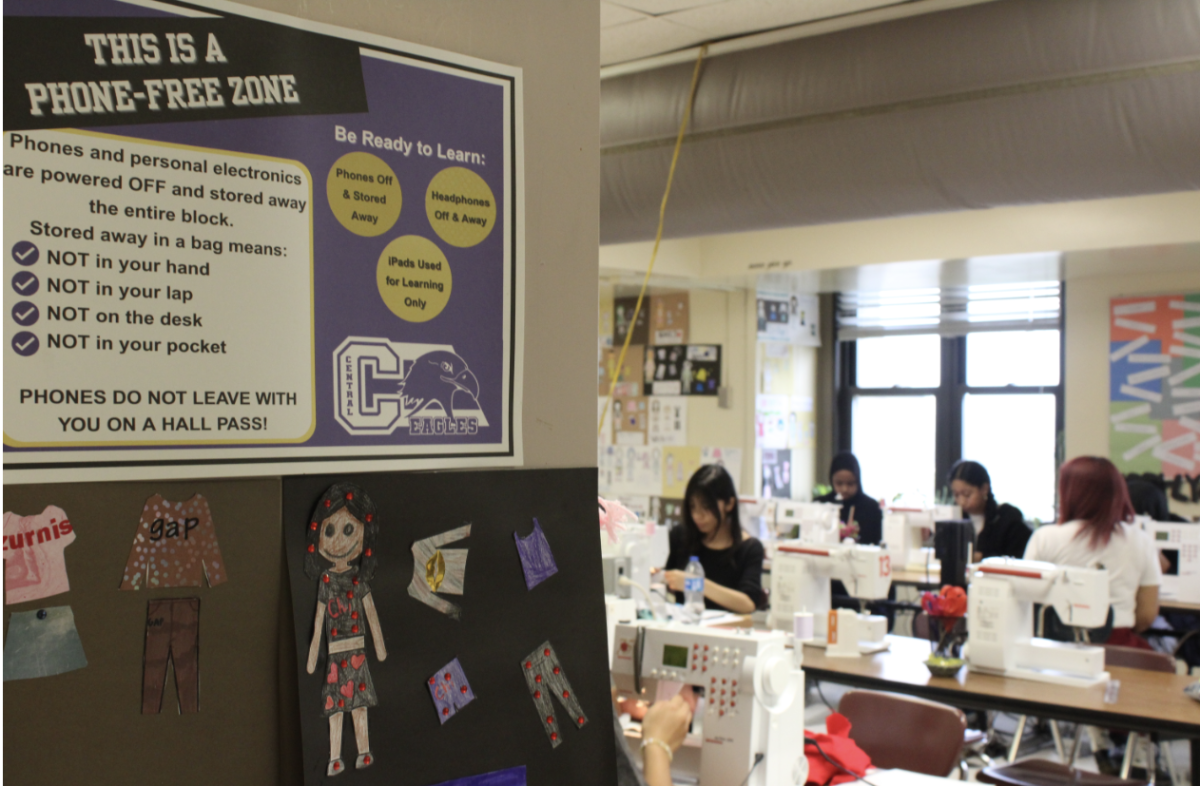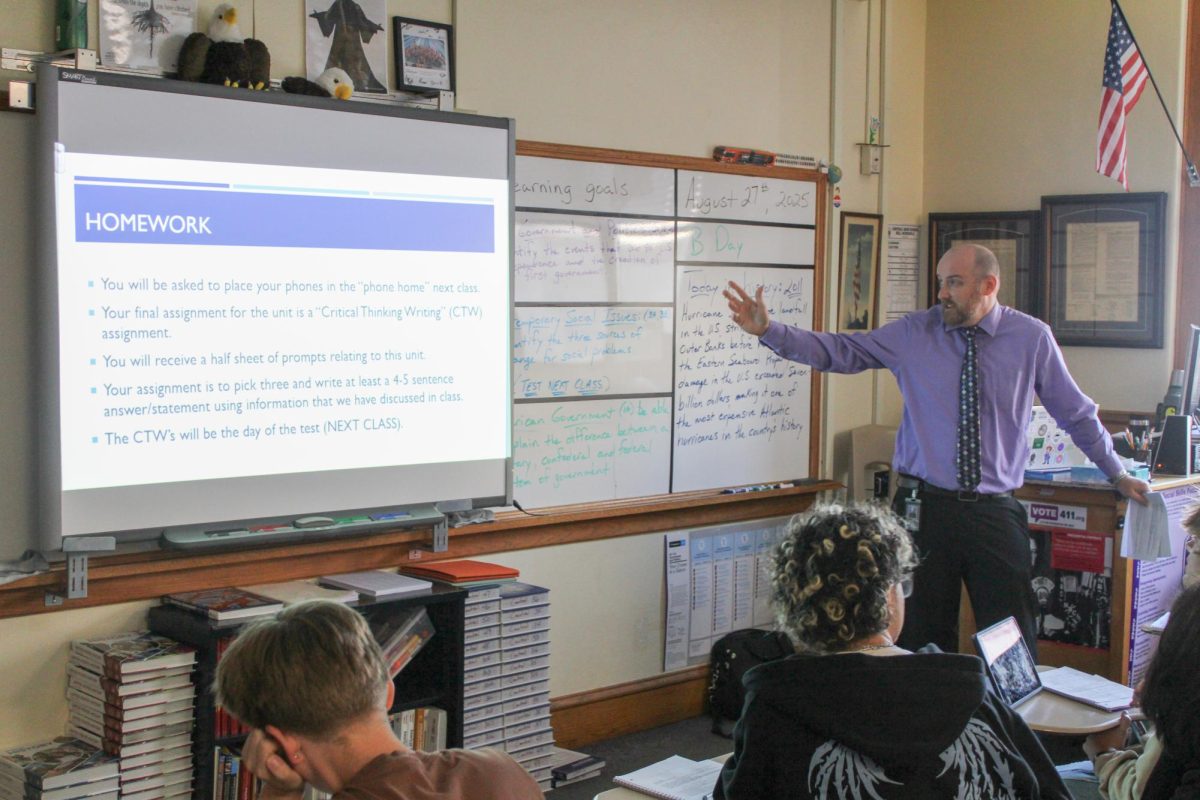Omaha Central’s most recent ACT scores from the 2022-23 school year show that the English Language Arts (ELA) average scale score rose from 15.4 to 15.6, the math score fell from 16.0 to 15.9, and the science score rose from 16.3 to 16.8. The number of students at least meeting state expectations for ELA fell from 40% to 35%, math fell from 27% to 25%, and science held steady at 34%.
The ACT is a college entrance standardized test. It was made Nebraska’s state standard test for juniors in the 2016-17 school year, going into effect in the 2017-18 school year.
But shortly after was COVID-19.
Since students were unable to arrive for the test itself for the 2019-20 school year, the state did not perform a state-wide ACT, and OPS was in “hybrid learning” in the 2020-21 year. The results for 20-21 were not applied as part of any given school’s performance due to continuing difficulties from COVID-19. It was fully reintroduced in the 2021-22 school year.
And after two years of chaotic schooling, ACT scores plummeted nationally. The number of Central students who were meeting expectations in math fell from 40% in 2018-19 (pre-COVID) to only 27% in 2022-23.
Overall, science has held steadier than the others. The prior 43% of people meeting expectations dropped to 34% post-COVID, but it stayed steady last year. In fact, the average scale score for the 2022-23 school year for science rose from 16.3 to 16.8, the highest of all three.
When asked why she thought this was, Tracy Rumbaugh, the science department head at Central, said, “I don’t think that we necessary do anything different as far as ACT… but all the teachers have agreed to make students read data as part of every unit, and I think the ACT science section uses that same system.” According to her, they are incorporating ACT prep into lesson plans and just not announcing it.
Overall, though, according to Dr. Christy Flaherty-Colling, who coordinates the ACT at Central, while “…It’s a good chunk of growth we’re seeing right there,” at this level, the numbers are too small for them to be significant. A real problem, according to her, is retakes. “On retests, the majority of students score higher, and we have fewer students who are re-testing,” she said.
“Nationally, ACT scores are falling,” she said. “The best preparation for the ACT is engaging in a challenging environment – that really gets people engaged and participating.”





















